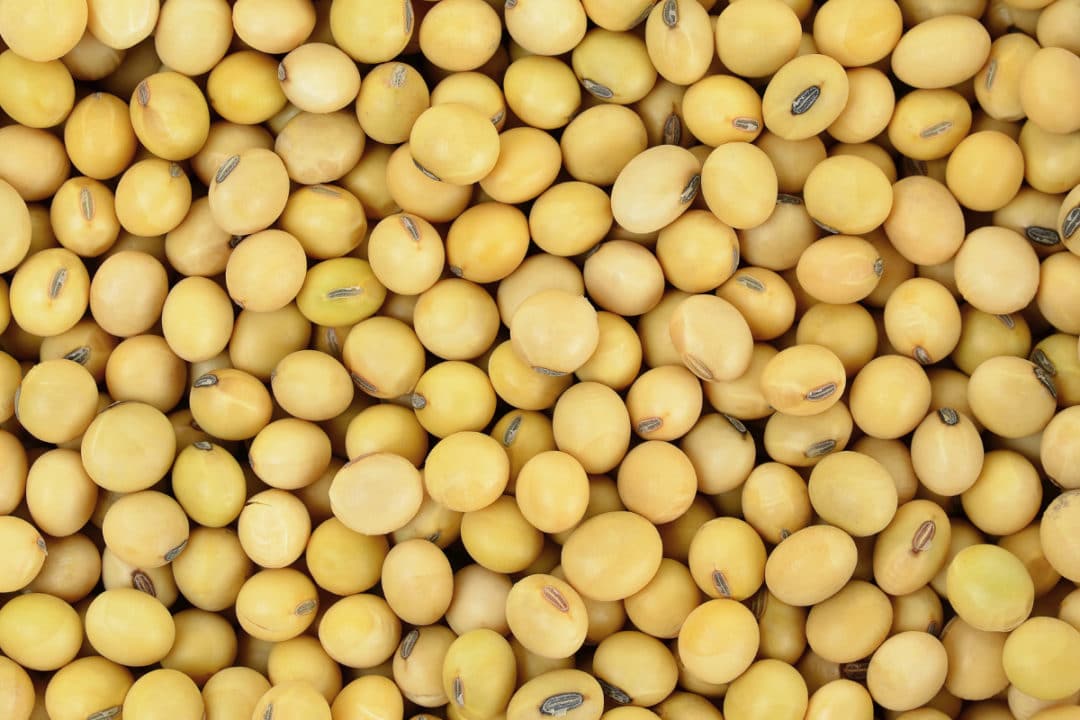
Fertilizer (Admin & Legal fees) Ghana per 50kg bag
KES32.26
- USD: $0.25
- EUR: € 0.21
- GHS: ₵2.73
- NGN: ₦345.67
- TZS: TSh634.75
- GBP: £0.18
- AED: د.إ0.92
- XOF: CFA136.88
- XAF: CFA136.88
- UGX: UGX888.40

Fertilizer (Marketing surcharge) Ghana per 50kg bag
KES6.45
- USD: $0.05
- EUR: € 0.04
- GHS: ₵0.55
- NGN: ₦69.13
- TZS: TSh126.95
- GBP: £0.04
- AED: د.إ0.18
- XOF: CFA27.38
- XAF: CFA27.38
- UGX: UGX177.68
Fertilizer (CMI fees) Ghana per 50kg bag
KES32.26
- USD: $0.25
- EUR: € 0.21
- GHS: ₵2.73
- NGN: ₦345.67
- TZS: TSh634.75
- GBP: £0.18
- AED: د.إ0.92
- XOF: CFA136.88
- XAF: CFA136.88
- UGX: UGX888.40
CMI charges per 50kg bag
SKU:
Fert_CMI_gh
Category: Fertilizer
Additional information
Reviews (0)
Only logged in customers who have purchased this product may leave a review.
Shipping & Delivery
Related products
Fertilizer (Admin & Legal fees) Ghana per 50kg bag
KES32.26
- USD: $0.25
- EUR: € 0.21
- GHS: ₵2.73
- NGN: ₦345.67
- TZS: TSh634.75
- GBP: £0.18
- AED: د.إ0.92
- XOF: CFA136.88
- XAF: CFA136.88
- UGX: UGX888.40
Fertilizer (Marketing surcharge) Kenya per 50kg bag
KES6.45
- USD: $0.05
- EUR: € 0.04
- GHS: ₵0.55
- NGN: ₦69.13
- TZS: TSh126.95
- GBP: £0.04
- AED: د.إ0.18
- XOF: CFA27.38
- XAF: CFA27.38
- UGX: UGX177.68
Fertilizer CAN 100, 50kg bags (Kenya)
KES137,416.95
- USD: $1,065.00
- EUR: € 889.59
- GHS: ₵11,629.80
- NGN: ₦1,472,543.60
- TZS: TSh2,704,035.00
- GBP: £771.15
- AED: د.إ3,910.79
- XOF: CFA583,098.16
- XAF: CFA583,098.16
- UGX: UGX3,784,584.10
Calcium ammonium nitrate, often abbreviated CAN, is a fertilizer which is a blend (mixture) of about 20%-30% CaCO3 and 70%-80% Ammonium nitrate. It is used as a general plant fertilizer. It is an example for nitrogenous fertilizer. Calcium ammonium nitrate (CAN) contains 27 % N and 20 % of ground limestone.
Suggested Usage:
CAN is preferred for use on acid soils, as it acidifies soil less than many common nitrogen fertilizers. It is also used in place of ammonium nitrate where ammonium nitrate is banned.
Fertilizer CAN 50, 50kg bags (Kenya)
KES69,353.62
- USD: $537.50
- EUR: € 448.97
- GHS: ₵5,869.50
- NGN: ₦743,185.15
- TZS: TSh1,364,712.50
- GBP: £389.19
- AED: د.إ1,973.75
- XOF: CFA294,286.63
- XAF: CFA294,286.63
- UGX: UGX1,910,060.05
Calcium ammonium nitrate, often abbreviated CAN, is a fertilizer which is a blend (mixture) of about 20%-30% CaCO3 and 70%-80% Ammonium nitrate. It is used as a general plant fertilizer. It is an example for nitrogenous fertilizer. Calcium ammonium nitrate (CAN) contains 27 % N and 20 % of ground limestone.
Suggested Usage:
CAN is preferred for use on acid soils, as it acidifies soil less than many common nitrogen fertilizers. It is also used in place of ammonium nitrate where ammonium nitrate is banned.
Fertilizer DAP 100, 50kg bags (Kenya)
KES138,707.25
- USD: $1,075.00
- EUR: € 897.95
- GHS: ₵11,739.00
- NGN: ₦1,486,370.30
- TZS: TSh2,729,425.00
- GBP: £778.39
- AED: د.إ3,947.51
- XOF: CFA588,573.26
- XAF: CFA588,573.26
- UGX: UGX3,820,120.10
Diammonium phosphate (DAP) is the world's most widely used phosphorus fertilizer. It's made from two common constituents in the fertilizer industry, and its relatively high nutrient content and excellent physical properties make it a popular choice in farming and other industries.
Suggested Usage:
DAP is used as a When applied as plant food, it temporarily increases the soil pH, but over a long term the treated ground becomes more acidic than before upon nitrification of the ammonium. It is incompatible with alkaline chemicals because its ammonium ion is more likely to convert to ammonia in a high-pH environment. The average pH in solution is 7.5–8. the typical formulation is 18-46-0 (18% N, 46% P2O5, 0% K2O).
Fertilizer DAP 200, 50kg bags (Kenya)
KES277,414.50
- USD: $2,150.00
- EUR: € 1,795.90
- GHS: ₵23,478.00
- NGN: ₦2,972,740.59
- TZS: TSh5,458,850.00
- GBP: £1,556.77
- AED: د.إ7,895.02
- XOF: CFA1,177,146.52
- XAF: CFA1,177,146.52
- UGX: UGX7,640,240.21
Diammonium phosphate (DAP) is the world's most widely used phosphorus fertilizer. It's made from two common constituents in the fertilizer industry, and its relatively high nutrient content and excellent physical properties make it a popular choice in farming and other industries.
Suggested Usage:
DAP is used as a When applied as plant food, it temporarily increases the soil pH, but over a long term the treated ground becomes more acidic than before upon nitrification of the ammonium. It is incompatible with alkaline chemicals because its ammonium ion is more likely to convert to ammonia in a high-pH environment. The average pH in solution is 7.5–8. the typical formulation is 18-46-0 (18% N, 46% P2O5, 0% K2O).
Fertilizer Urea N 46% (prilled) 50kg bags (100 bags) Ghana
KES209,996.32
- USD: $1,627.50
- EUR: € 1,359.45
- GHS: ₵17,772.30
- NGN: ₦2,250,295.50
- TZS: TSh4,132,222.50
- GBP: £1,178.44
- AED: د.إ5,976.34
- XOF: CFA891,072.54
- XAF: CFA891,072.54
- UGX: UGX5,783,484.16
Nitrogenous fertilizer, readily soluble in water, alcohols and liquid ammonia. It takes the form of white prilled, grain class 1-3.15 mm, with at least 90% of the prills covered with anti-caking agents. Prilled urea 46% is hygroscopic. Bulk density: 0.70-0.78 kg/dm3.
Prilled urea 46% includes 46% of nitrogen (N) in ureic form, easily absorbed by the leaves of plants. Absorption through the root system is slower, because urea in soil is converted (as a result of enzymatic hydrolysis) into the ammonia form available for plants, and then into nitrate form.
Fertilizer Urea N 46% (prilled) 50kg bags (200 bags) Kenya
KES1,304,493.29
- USD: $10,110.00
- EUR: € 8,444.88
- GHS: ₵110,401.20
- NGN: ₦13,978,794.14
- TZS: TSh25,669,290.00
- GBP: £7,320.45
- AED: د.إ37,124.93
- XOF: CFA5,535,326.20
- XAF: CFA5,535,326.20
- UGX: UGX35,926,896.99
Nitrogenous fertilizer, readily soluble in water, alcohols and liquid ammonia. It takes the form of white prilled, grain class 1-3.15 mm, with at least 90% of the prills covered with anti-caking agents. Prilled urea 46% is hygroscopic. Bulk density: 0.70-0.78 kg/dm3.
Prilled urea 46% includes 46% of nitrogen (N) in ureic form, easily absorbed by the leaves of plants. Absorption through the root system is slower, because urea in soil is converted (as a result of enzymatic hydrolysis) into the ammonia form available for plants, and then into nitrate form.


 Soybeans (NO GMO)
Soybeans (NO GMO)













Reviews
There are no reviews yet.